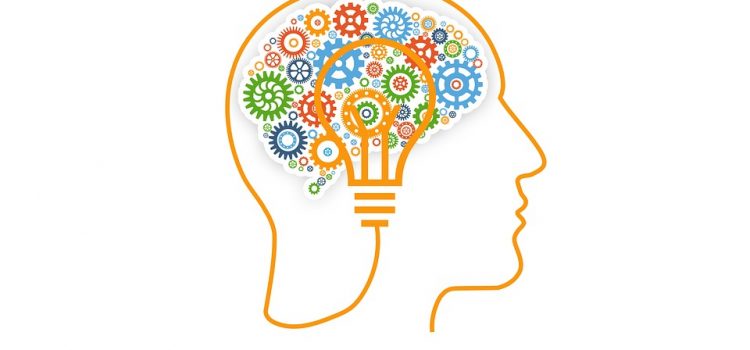What is the key to mastering a skill? Should you focus on one technique or diversify your practice? According to Joshua Waitzkin, the author of The Art of Learning, real skill comes from a deep, singular focus. In terms of skill-building, he argues that you reach excellence by refining a set of fundamental skills, rather than practicing a wide range of techniques. For example, focus on learning a single style of piano, like baroque classical, rather than trying to learn classical, jazz, and ragtime piano all at once. Here’s how to master a skill, according to Waitzkin.
How to Master a Skill: Deepen Your Fundamentals










